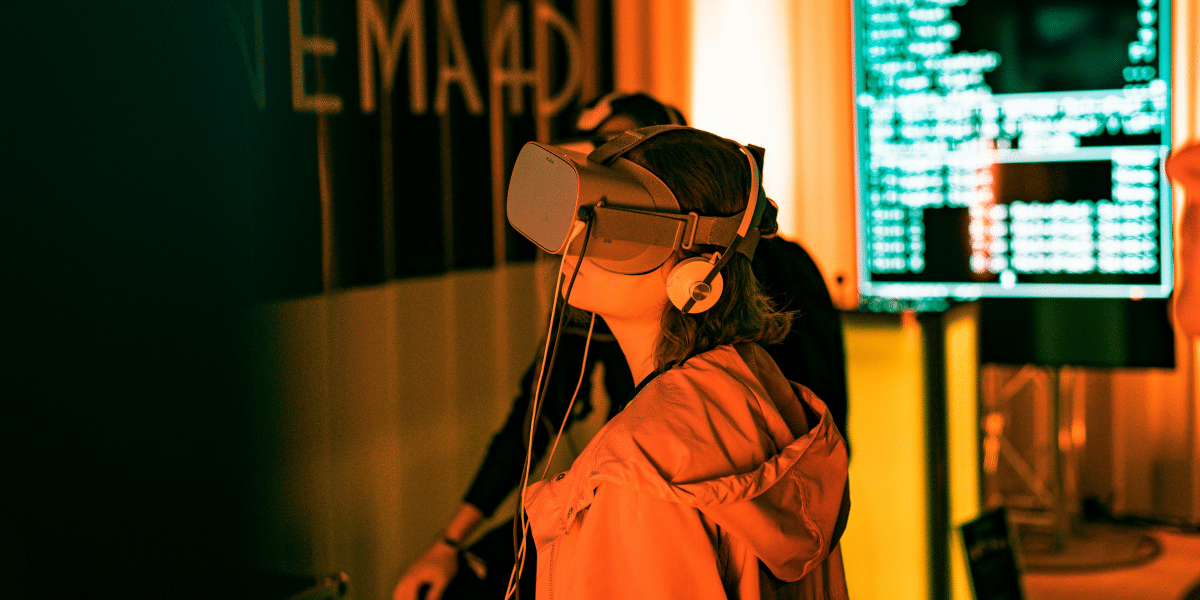How Automation Is Shaping Our World
Hey there, job seekers and curious minds! Ever wonder what the future holds for work in a world where robots and computers are doing more and more of the heavy lifting? Well, wonder no more, because we’re diving into the impact of automation and artificial intelligence (AI) on the future of work – and what it means for all of us.
First things first, let’s talk about automation. Basically, it’s when machines or computers take over tasks that used to be done by humans. Think self-checkout machines at the grocery store or robots assembling cars on a factory line. Automation is all about making things faster, cheaper, and more efficient – but it’s also changing the way we work.
Now, let’s talk about artificial intelligence, or AI for short. This is where things get really interesting. AI is all about teaching computers to think and learn like humans – to recognize patterns, make decisions, and even solve problems on their own. From virtual assistants like Siri and Alexa to self-driving cars and smart home devices, AI is everywhere these days, and it’s only getting smarter.
What Does This Mean for Jobs?
So, you might be wondering, what does all this automation and AI mean for jobs? Well, it’s a bit of a mixed bag. On the one hand, automation can make certain tasks obsolete, leading to job losses in some industries. For example, as robots become more efficient at manufacturing, fewer human workers may be needed on the factory floor. But on the other hand, automation can also create new job opportunities, especially in industries like tech and data analysis where skills in programming and problem-solving are in high demand.
Another trend that’s shaping the future of work is the rise of the gig economy. This is where people work as independent contractors or freelancers instead of traditional employees. Thanks to technology platforms like Uber, Airbnb, and Upwork, it’s easier than ever to find work on your own terms – whether that’s driving for a rideshare service, renting out your spare room, or taking on freelance projects in your spare time. The gig economy offers flexibility and freedom, but it also comes with its own set of challenges, like lack of job security and benefits.
Upskilling and Reskilling: Adapting to the New Normal
As the job market evolves, so too must the skills we need to succeed. That’s where upskilling and reskilling come in. Upskilling is all about learning new skills to stay relevant in your current job or industry, while reskilling is about learning completely new skills to transition into a different field. Whether it’s taking online courses, attending workshops, or earning certifications, staying ahead of the curve is essential in a world where technology is constantly changing the way we work.
The Human Touch: Why Soft Skills Matter More Than Ever
While automation and AI can handle many tasks more efficiently than humans, there are some things that machines just can’t do – like showing empathy, creativity, and critical thinking. That’s where soft skills come in. These are the interpersonal skills and emotional intelligence that make us uniquely human, and they’re becoming increasingly valuable in a world where automation is becoming the norm. So don’t underestimate the power of a good old-fashioned human touch – it just might be the key to success in the future of work.
The future of work is shaping up to be a brave new world, where automation and AI are changing the game in ways we never imagined. But instead of fearing the unknown, let’s embrace the opportunities that come with change. Whether it’s adapting to new technologies, exploring new career paths, or honing our soft skills, there’s never been a more exciting time to be a part of the workforce. So let’s roll up our sleeves, keep learning, and get ready to thrive in the future of work – because the future is what we make of it.









